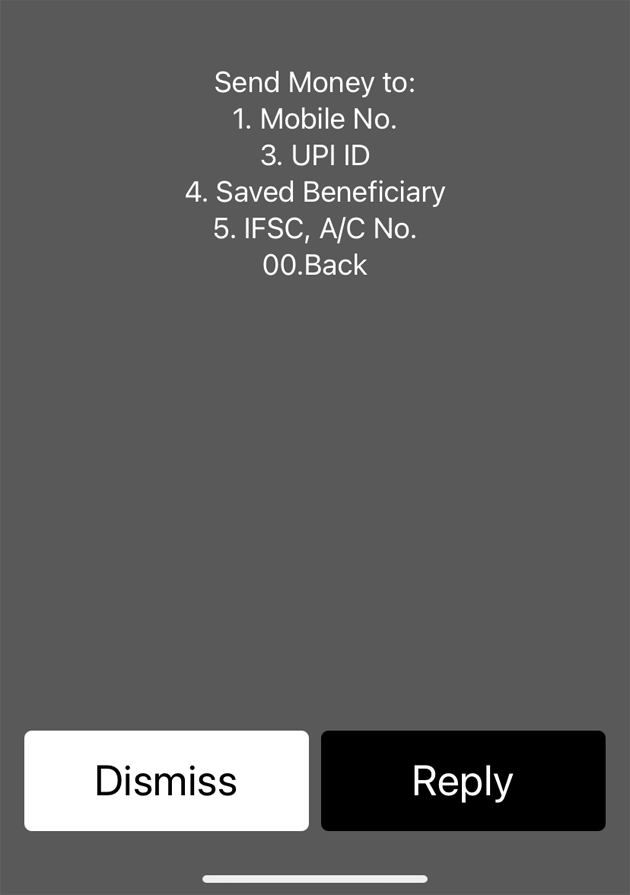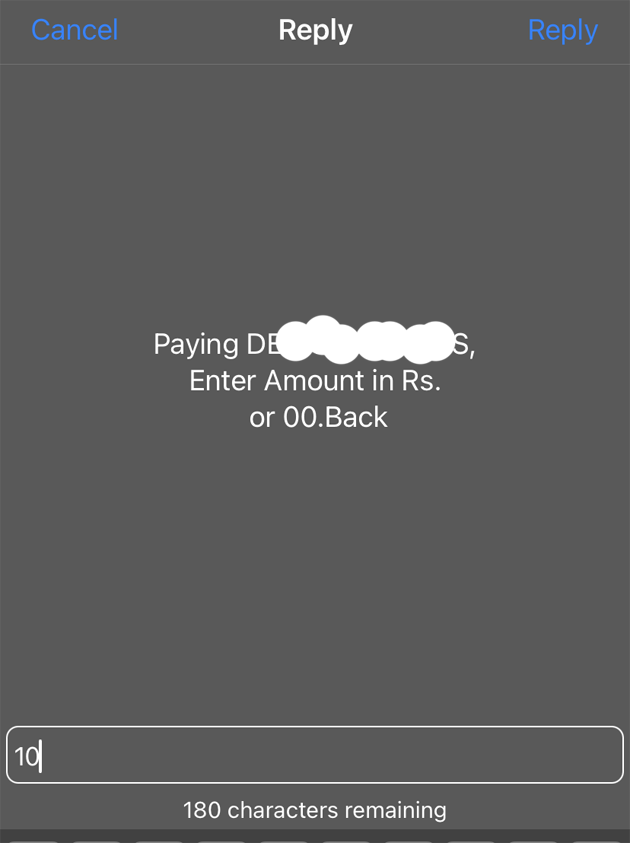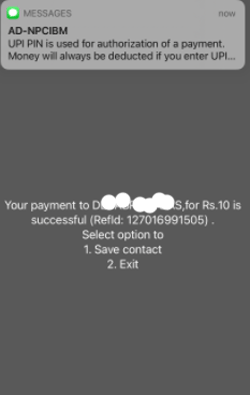Reasons why company come up with Rights Issue:
1. Business expansion, acquisition etc: Given the improving business sentiment, investors’ confidence owing to sustained levels of foreign fund flows in the last few months, companies’ across verticals are looking to expand their business and consequently increase value for its shareholders. Hence for meeting up the capital requirement without creating an extra burden on its balance sheet, company goes for a rights issue. Some of the fundamentally strong companies during the pandemic announced rights issue including L&T Finance Holdings Limited, Tata Power, etc.
2. Become Debt-Free:
The most recent example in this case is Reliance Industries which launched the rights issue in 2020 to become debt-free. It remains as the world’s largest rights issue by any non-financial entity in the last 10 years. The company used the proceeds from the issue towards repayment of its debt.
Rights issue: Key dates to know
Record date/ cut-off date: Rights for issue of rights shares is offered only to those shareholders whose names are there on the company’s shareholders list as on the record date or cut off date for the rights shares issuance.
Ex-rights date: One or 2 days prior to the record date is the ex-rights date. Say if the records date for the rights issue is 25th September then the ex-rights shall be on 23rd September. Any purchase to qualify for exercising the rights in the rights issue will have to be made by 22nd September.
1. Bharti Airtel:
The telecom major Bharti Airtel has announced a Rs. 21,000 crore rights issue that will open on October 5, 2021. In the issue, shareholders of Bharti Airtel as on the record date set as September 28 can buy 1 rights issue share for every 14 shares held by him or her.
The rights issue price is Rs. 535 per fully paid-up equity share and the issue size is 39.22 crore shares. Last the shares of Bharti Airtel traded at a price of Rs. 695 per share. Now to be eligible for the rights issue shares, only shareholders who own the company’s shares before ex-rights date will be eligible i.e. September 27, 2021.
2. RPP Infra Projects:
RPP Infra Projects is a constructing company engaged mainly in the infra development of highways, roads and bridges. The company is also providing services across SEZ Development, Water Management Projects, Irrigation and Power Projects.The company’s Rs. 48 crore rights issue is currently underway and will run until October 18, 2021. Under the issue, the company will be issuing additional 1.6 crore equity shares.
The rights entitlement is in the ratio of 3:5 i.e. for every five shares held by the shareholder of the company as on the record date he or she can buy 3 more shares. Last the share of RPP Infra Projects traded at a price of Rs. 66.20 i.e. more than double the rights issue price.
3. Aruna Hotels Limited:
Formerly referred as Aruna Sugars & Enterprises Ltd, the company’s business spanned across sugar, hotels and chemicals. Later through restructuring it divested its sugar mill as well as alum unit and thus now into hotel business only.
The company as part of its rights issue worth Rs. 24.9 crore will issue RE or right entitlements to anyone who hold its shares as on July 23, 2021 (record date). Tentative date of allotment of these rights issue shares is October 21, 2021 while the date of listing is October 26, 2021.
4. Kesoram Industries:
Kesoram Industries Limited is one of the pioneer companies under the flagship ‘B K Birla Group Of Companies’. The company’s product line spans tyres to cement to rayon.
The Rs. 399.99 crore rights issue will involve the issuance of up to 7,99,99,665 rights shares. Rights entitlement ratio in the offer will be 133 equity shares for every 274 equity shares held by eligible equity shareholders of the Company as on the record date.
5. Asian Granito India:
The company is into manufacturing of ceramic wall and floor tiles, glazed vitrified tiles, polished vitrified tiles, composite marble and quartz in India. The company has global presence in 78 nations.
As part of its rights issue the company will issue 2,24,64,188 fully paid-up Equity Shares of the face value of Rs 10 each for cash at a price of Rs 100 per Equity Share (including a premium of Rs 90 per equity share) aggregating to Rs 224.65 crore on a rights basis to eligible equity shareholders in the ratio of 19:29. The stock in today’s trade closed at a price of Rs. 154.2 per share on the NSE.
6. Praxis Home Retail:
Incorporated in the year 2011, Praxis Home Retail is a small cap scrip. The company runs an online portal together with retail outlets for selling home furnishing products.
Through the issue the company aims to aggregate Rs. 49.49 crore by issuing 4.35 crore shares.
7. Bannari Amman Spinning Mills Limited:
It is a vertically integrated textile company that is into manufacturing of cotton yarn, woven and knitted fabrics, finished garments, home textiles and wind power generation.
The company will issue Right Entitlements (RE’s) to anyone who the company’s shares as of September 8, 2021 (record date). As part of the issue, the company will issue up to 3,33,33,333 equity shares of face value Rs.5 each (“rights equity shares”) for cash at a price of Rs.30 per equity share (including a share premium of rs.25 per equity share) (the “issue price”), aggregating upto rs.10,000 lakhs on a rights basis.
Rights issue offer current active or upcoming in October
| Company |
Rights ratio |
Rights issue price |
Issue period |
Announcement date |
Record date |
Ex-rights date |
| Bharti Airtel |
01:14:00 |
Rs. 535 |
Oct 5 -Oct 21 |
29th August 2021 |
28th September |
27th September |
| RPP Infra Projects |
03:05:00 |
Rs. 30 |
Sept 27- October 18 |
17th Feb |
20th September |
17th September |
| Aruna Hotels |
83:30:00 |
Rs. 10 |
Sept 29- October 13 |
5th August 2020 |
23rd Jul |
22nd July |
| Kesoram Industries |
137:34:00 |
Rs. 50 |
Sept 27- October 11 |
14th May 2021 |
17th September |
16th September |
| Asian Granito |
19:29:00 |
Rs. 100 |
Sept 23- October 7 |
July 14, 2021 |
9th September |
8th September |
| Praxis Home Retail |
11:08:00 |
Rs. 11.35 |
Sept 21- October 5 |
January 29, 2021 |
8th September |
7th September |
| Bannari Amman Limited |
21:20:00 |
Rs. 30 |
Sep 20- Oct 4 |
August 13, 2020 |
9th September |
8th September |
Disclaimer:
Note the list of currently active and upcoming rights issue is collated just for information only and is not a recommendation to apply for the rights issue of these shares.
GoodReturns.in


































